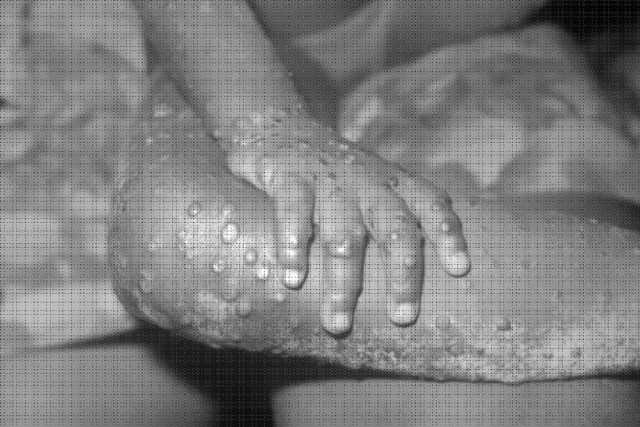The World Health Organization (WHO) has declared monkeypox a public health emergency. The same declaration was made in the past against Zika, Covid-19, H1N1, Ebola and Polio.
Globally, over 16,500 cases of monkeypox have been reported. On Saturday, WHO declared monkeypox a public health emergency.
This declaration is preserved for the most serious disease outbreaks. Monkeypox is now on the same list as Covid-19, Zika, Ebola, polio and H1N1.
The decision was made by WHO following a sitting of the emergency committee which happened on Thursday with an objective of assessing the spread of monkeypox and also to determine its severity.
Tedros Adhanom Ghebreyesus, WHO Director General, issued the declaration despite a lack of consensus among experts serving on the WHO’s emergency committee.
“We have an outbreak that has spread around the world rapidly through new modes of transmission about which we understand too little and which meets the criteria in the international health regulations,” Tedros Ghebreyesus said.
“I know this has not been an easy or straightforward process and that there are divergent views among the members” of the committee, he added.
More than 16,500 cases of monkeypox have been reported in over 68 countries around the world. The U.S alone has reported over 2,500 cases since May. According to WHO, for a disease to be declared as a public health emergency it must pose risk to more than one country and may require a coordinated international response.
Last month the same committee announced that monkeypox had not yet met those standards. However, a few committee members “expressed differing views.” At the time over 4,000 cases had been reported in 47 countries and territories.
According to WHO, vaccines are key in curbing transmission of monkeypox. The disease is know to spread through physical contact including kissing and sexual intercourse.
Monkeypox can also be transmitted through contaminated items like bedding, clothing and respiratory droplets.
Since the disease broke out many cases have been among gay men.
“Although I am declaring a public health emergency of international concern for the moment, this is an outbreak that is concentrated among men who have sex with men, especially those with multiple sexual partners,” Tedros said.
“That means that this is an outbreak that can be stopped with the right strategies in the right groups.”
Most patients with monkeypox develop a rash according to the World Health Organization. In this specific outbreak, the rashes have been spotted around the anal, face, sole of feet, palms of the hands, and genital region. Some people may get the lesions inside the anus, vagina, mouth and throat.
Monkeypox has symptoms such as swollen lymph nodes, muscle aches, fever, headaches, fatigue and back pain.
Health authorities in the U.S.A and Europe are banking on increased testing and vaccination to reduce transmission and prevent monkeypox from becoming endemic.
By the end of last week, U.S.A had distributed an excess of 156,000 doses of Jynneos vaccine to her states and improved their testing capabilities.
The European Commission’s Health Emergency Preparedness and Response department said Monday that it had delivered 25,000 vaccine doses to six member states. The U.K.’s National Health Service is also offering doses to close contacts of monkeypox patients with a high risk of exposure, on a case by case basis.
Research suggests that the Jynneos vaccine might prevent monkeypox if given within four days of exposure, meaning it could keep cases from climbing if more people get access to shots.
“Some of these countries have much less access to diagnostics and vaccines, making the outbreak harder to track, and harder to stop,” WHO Director General said during a press briefing.
GOT a story? RING Kerosi Dotcom on EMAIL info@kerosi.com



One thought on “WHO declares monkeypox an global public health emergency”
Comments are closed.